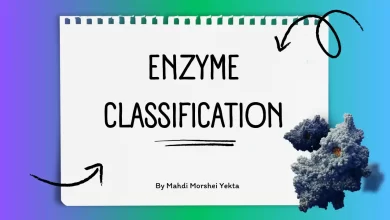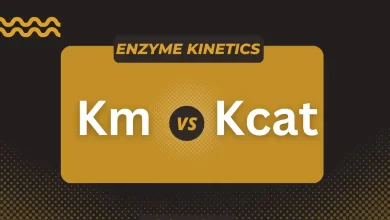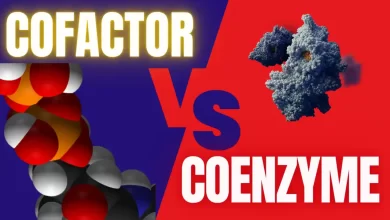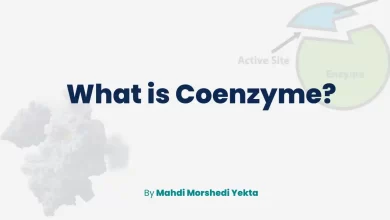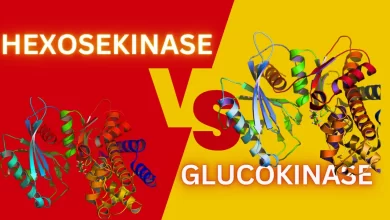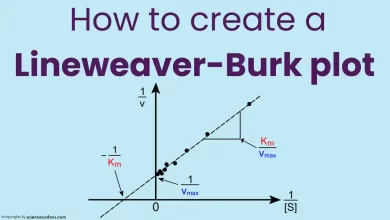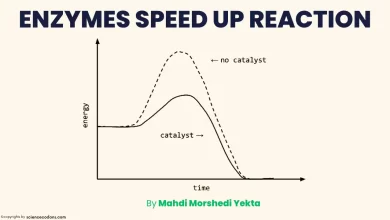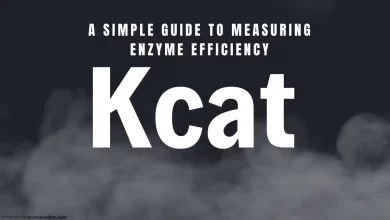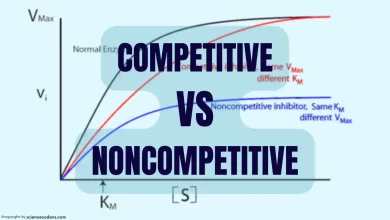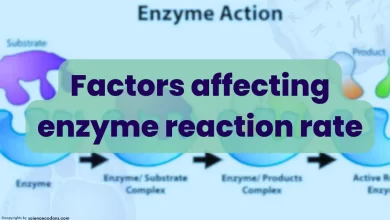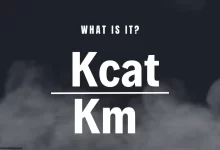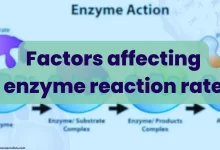All biological reactions in the body take place in the presence of one or more enzymes. Enzymes are catalysts that increase the speed of biological reactions. Without enzymes, the rate of biological reactions would be very slow, and life would be impossible. Therefore, in this post, we intend to answer the question, “What kind of molecule is an enzyme?”
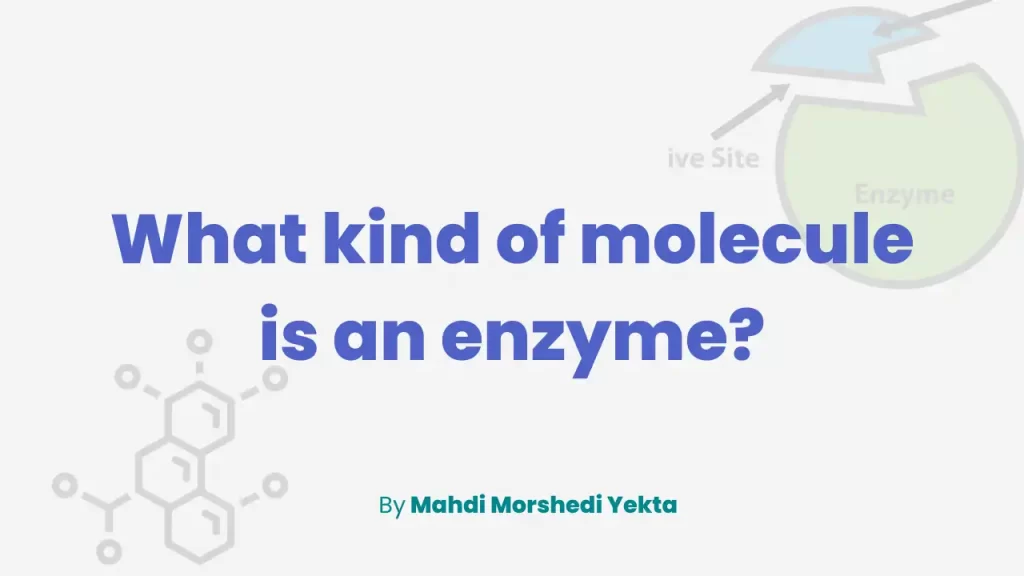
What type of molecule is an enzyme?
Except for a small group of enzymes whose structure is RNA, the rest of the enzymes have a protein structure. The activity of enzymes depends on their three-dimensional structure. RNA molecules that possess enzymatic activity are referred to as ribozymes. Protein enzymes have molecular weights ranging from 12,000 to one million daltons.
The enzyme must bind to its substrate To catalyze a reaction. The location where the substrate is attached to the enzyme is known as the active site. In addition to the active site, some enzymes have another site that is not connected to the substrate but binds to substances that play a regulatory role in enzyme activity. An allosteric site is the term used to describe such a site.
Some enzymes are simple proteins and only utilize their amino acids to catalyze the reaction. Some enzymes require a non-amino acid chemical component for their activity. This non-amino acid component is called a cofactor. Cofactors may be derived from coenzymes or ions such as iron, magnesium, or manganese. If the cofactor is made of organic matter, it is called a coenzyme. Enzymes that are connected to the enzyme by a very tight connection are called prosthetic groups. However, if the connection of the coenzyme to the enzyme is not through a covalent bond, the coenzyme is called the second substrate. An enzyme connected to a metal ion is called a holoenzyme. The protein part of the holoenzyme is called the apoenzyme.
